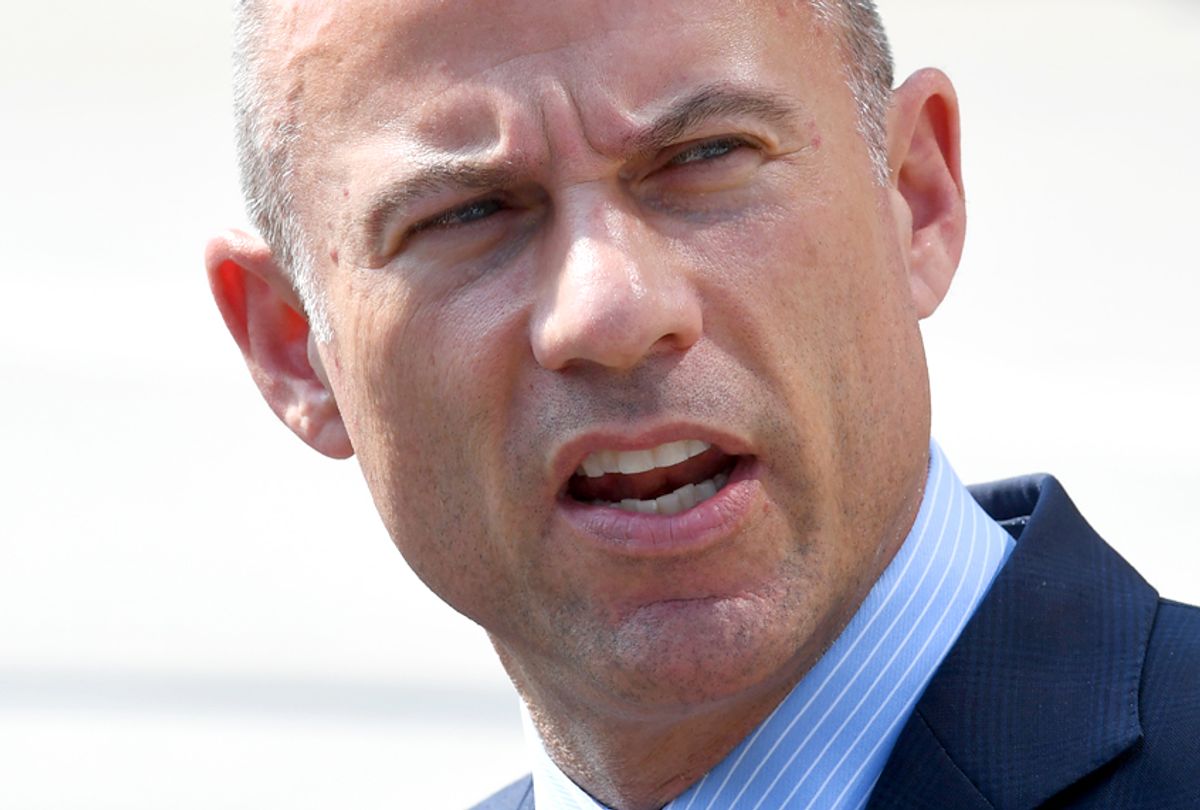Senate Judiciary Chairman Chuck Grassley, R-Iowa, has sent a damning letter to Attorney General Jeff Sessions and FBI Director Christopher Wray suggesting that attorney Michael Avenatti may have broken the law by coming forward with a client's accusations of sexual misconduct against Supreme Court Justice Brett Kavanaugh.
After reviewing the claims made by Swetnick through Avenatti — namely that Swetnick, as a teenager, attended house parties in which Kavanaugh was present and engaged in sexual misconduct such as groping and rape — Grassley accuses the Los Angeles attorney of wasting the committee's time. "Mr. Avenatti and Ms. Swetnick made grave allegations against Judge Kavanaugh, and the Committee diverted significant resources to investigate the claims," Grassley wrote in a letter addressed to Sessions and Wray. "However, in light of Ms. Swetnick's and Mr. Avenatti's own statements to the media, information obtained from Committee interviews of her associates, and publicly reported information about her and Mr. Avenatti, it has become apparent that the statements Mr. Avenatti and Ms. Swetnick submitted to the Committee likely contained materially false claims."
Grassley's letter proceeds to argue that Swetnick contradicted some of her claims to the committee in an interview with NBC News, including her recollections about seeing punch get spiked and boys lined up to engage in gang rape as well as her statements regarding the timeline of the alleged events she witnessed. He also notes that NBC News correspondent Kate Snow said during the broadcast that "there are things that she told us on camera that differ from her written statement last week." Grassley also called into question whether Swetnick even knew Kavanaugh and attacked her credibility by referring to accusations of unstable and threatening behavior from her (including alleged false accusations of sexual misconduct, or warnings that such accusations could be made) from Swetnick's ex-boyfriend and two former employers. Grassley also attacked Avenatti's credibility, arguing that Avenatti has been involved in shady financial and business arrangements, that his law firm has had problems with the IRS and that he was dishonest about his monetary assets during his divorce.
"When charlatans make false claims to the Committee — claims that may earn them short-term media exposure and financial gain, but which hinder the Committee's ability to do its job — there should be consequences," Grassley concluded.
Grassley's letter comes out at a particularly unfavorable time for Avenatti. A recent article in Time Magazine has drawn attention to many of his past financial scandals, and Avenatti made a comment there indicating that he believes being a white male such as himself needs to be the Democratic Party's presidential nominee in 2020.
A run for President would thrust Avenatti into the middle of the party’s identity crisis. The Democrats have not been this powerless since the 1920s, and their members have responded by nominating a historic number of women and people of color for office. But when it comes to the party’s presidential nominee in 2020, Avenatti thinks in different terms. “I think it better be a white male,” he says. He hastens to add that he wishes it weren’t so, but it’s undeniable that people listen to white men more than they do others; it’s why he’s been successful representing Daniels and immigrant mothers, he says. “When you have a white male making the arguments, they carry more weight,” he says. “Should they carry more weight? Absolutely not. But do they? Yes.”

Shares